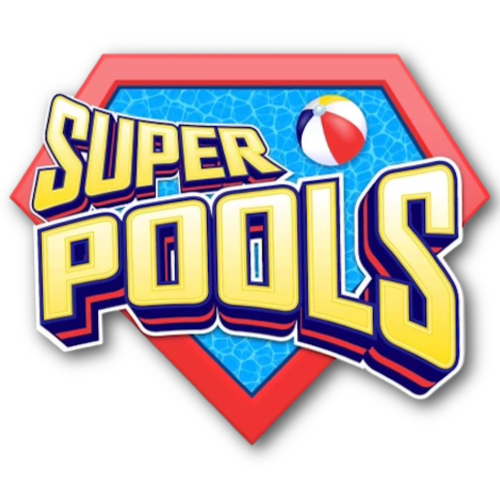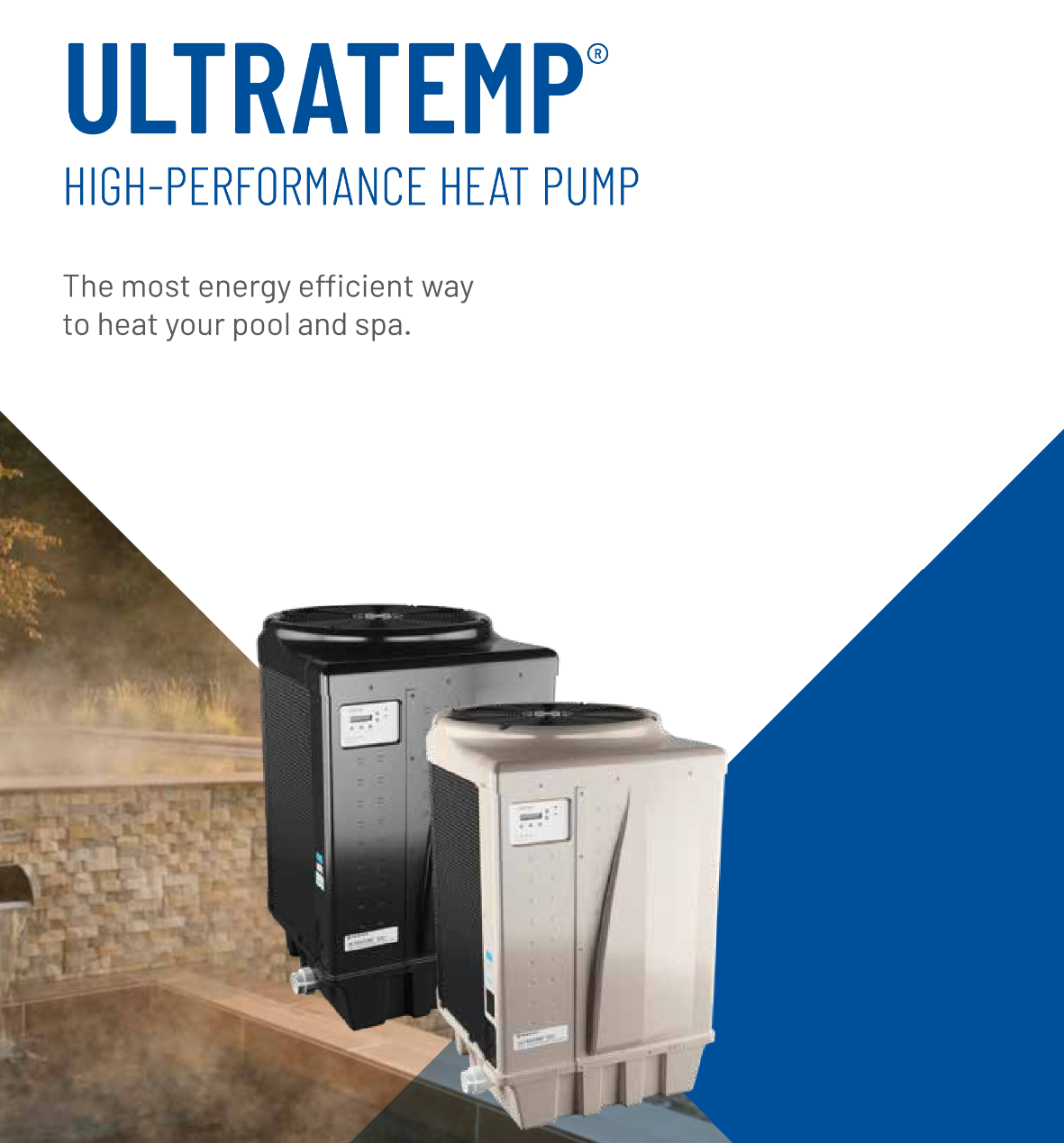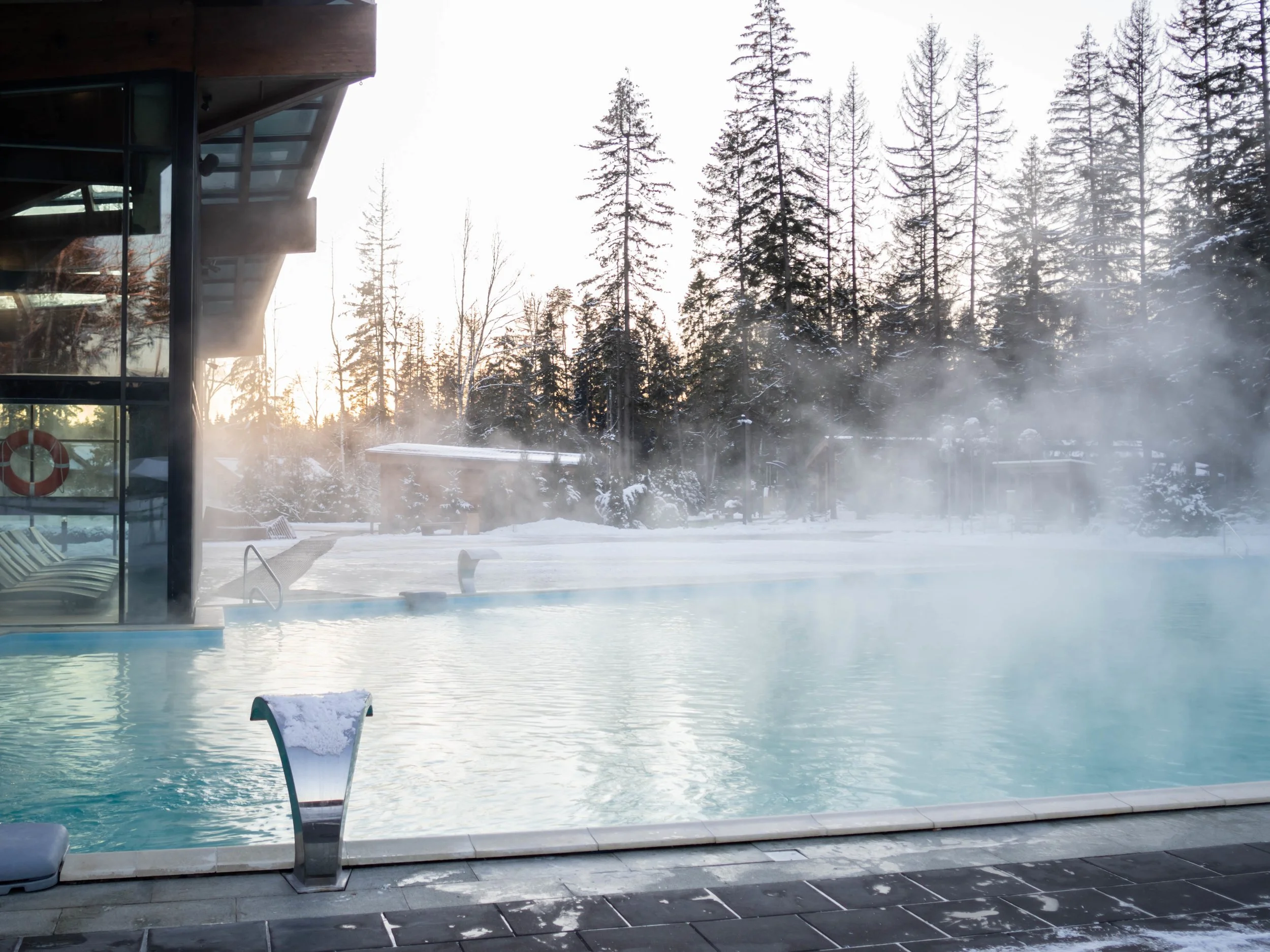Gas Heater vs. Heat Pump for Inground Pools: Making the Right Choice
When it comes to keeping your inground vinyl lined pool at the perfect swimming temperature, choosing the right heating system is crucial. Three popular options for pool owners are gas heaters, heat pumps, and hybrid heaters, all of which offer their unique advantages and drawbacks. In this blog, we will explore the effectiveness, pros, cons, and costs associated with gas heaters and heat pumps. We will focus on the products offered by Pentair, a renowned manufacturer in the pool industry whose products we highly recommend!
Gas Heaters: The Warmth on Demand
Effectiveness:
Gas heaters, like the Pentair MasterTemp, are known for their rapid heating capabilities. They can quickly raise the water temperature of your pool, making them ideal for those who want to enjoy a warm swim at a moment's notice. Gas heaters are also highly effective in maintaining desired temperatures even in colder climates.
Pros:
Speedy Heating: Gas heaters can heat your pool in a matter of hours, perfect for spontaneous swims or pool parties.
Works in Any Weather: Gas heaters perform well regardless of the outside temperature, ensuring consistent warmth.
Long Lifespan: With proper maintenance, gas heaters can last for many years, providing reliable service.
Cost-Effective Installation: While the initial cost might be higher, the installation of gas heaters is often less expensive compared to heat pumps.
Cons:
Higher Operating Costs: Gas heaters rely on natural gas or propane, which can lead to higher operating expenses compared to electricity.
Environmental Impact: They emit greenhouse gasses, contributing to carbon footprints.
Heat Pumps: Energy-Efficient Warmth
Effectiveness:
Heat pumps, such as the Pentair UltraTemp, operate differently than gas heaters. They utilize electricity to extract heat from the surrounding air and transfer it to your pool, making them highly energy-efficient.
Pros:
Energy Efficiency: Heat pumps are known for their energy efficiency, costing less to operate than gas heaters in the long run.
Environmentally Friendly: They produce fewer greenhouse gas emissions, making them a greener option.
Long-Term Savings: Despite the higher upfront cost, heat pumps can save you money over time due to lower operating expenses.
Consistent Temperature: Heat pumps are excellent at maintaining a constant pool temperature, ensuring comfortable swimming conditions.
Cons:
Slower Heating: Heat pumps might take longer to warm your pool, making them less suitable for spontaneous swims.
Dependent on Air Temperature: They are less effective in very cold climates, as they rely on air temperature to operate efficiently. So if you are looking to swim during winter months then this is not the right choice for you.
Hybrid Heaters: The Best of Both Worlds
Effectiveness:
Hybrid heaters, such as the Pentair UltraTemp ETi, combine the strengths of gas heaters and heat pumps. They offer rapid heating when needed and energy-efficient operation for maintaining pool temperatures.
Pros:
Versatile Operation: Hybrid heaters can switch between gas and electric modes, allowing you to choose the most cost-effective and efficient option.
Energy Efficiency: In electric mode, they offer the energy savings of heat pumps.
Quick Heating: When set to gas mode, hybrid heaters heat your pool rapidly, just like traditional gas heaters.
Environmentally Friendly Option: You can use the electric mode to reduce your carbon footprint.
Cons:
Higher Initial Cost: Hybrid heaters typically come with a higher upfront cost compared to single-function heaters.
Complex Installation: They may require more complex installation due to dual-mode functionality.
Choosing the Right Heater for Your Inground Vinyl Lined Pool
Choosing between gas heaters, heat pumps, and hybrid heaters for your inground vinyl-lined pool depends on your specific needs and preferences. Consider factors like your budget, usage patterns, environmental concerns, climate, and long-term costs when making your decision.
Remember to consult with a professional pool installer like Super Pools to determine the best heating solution for your unique situation, ensuring many enjoyable swims in your inground vinyl-lined pool for years to come. You can contact us by filling out our form or by giving us a call at 316-880-3900!





